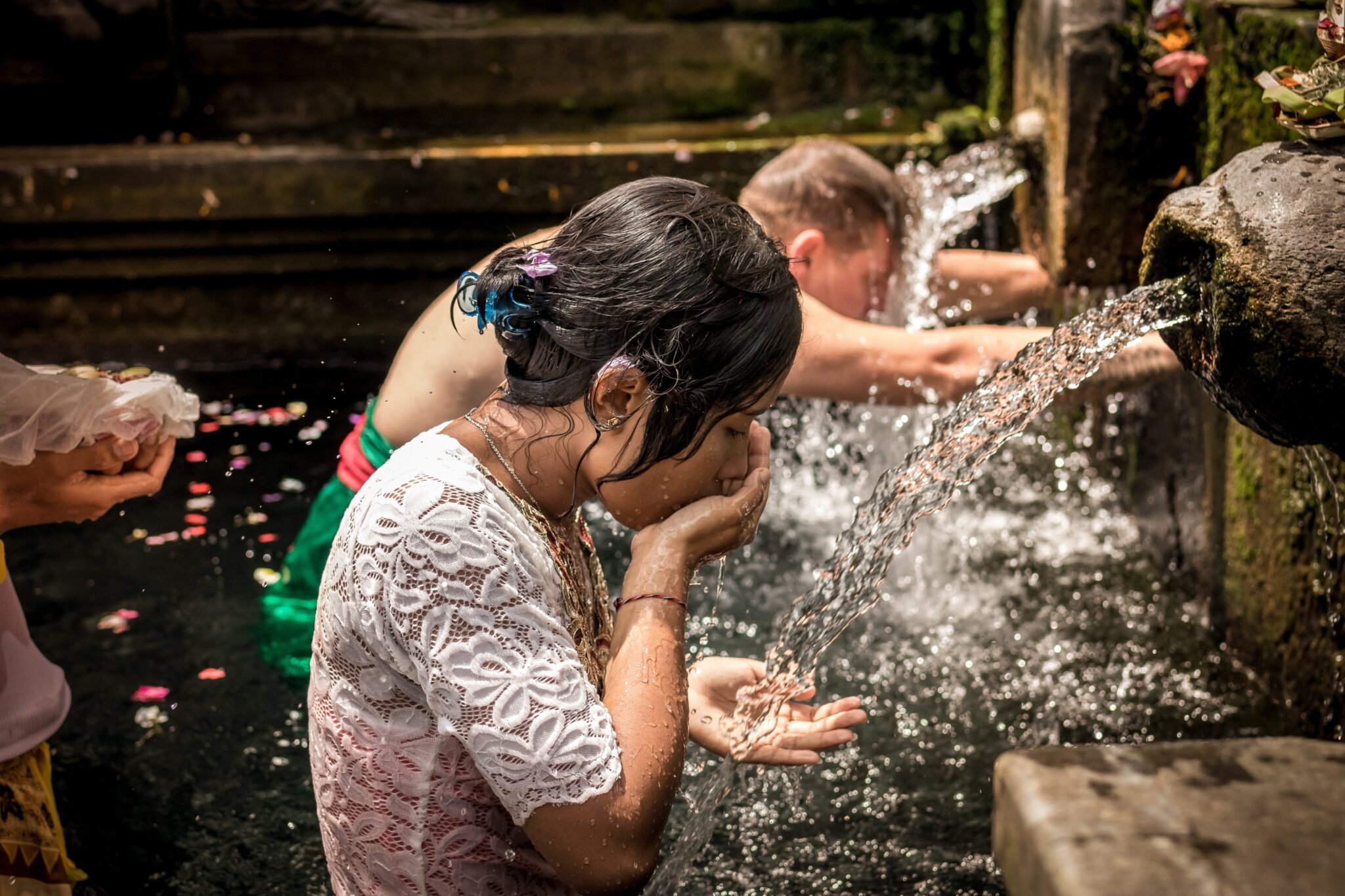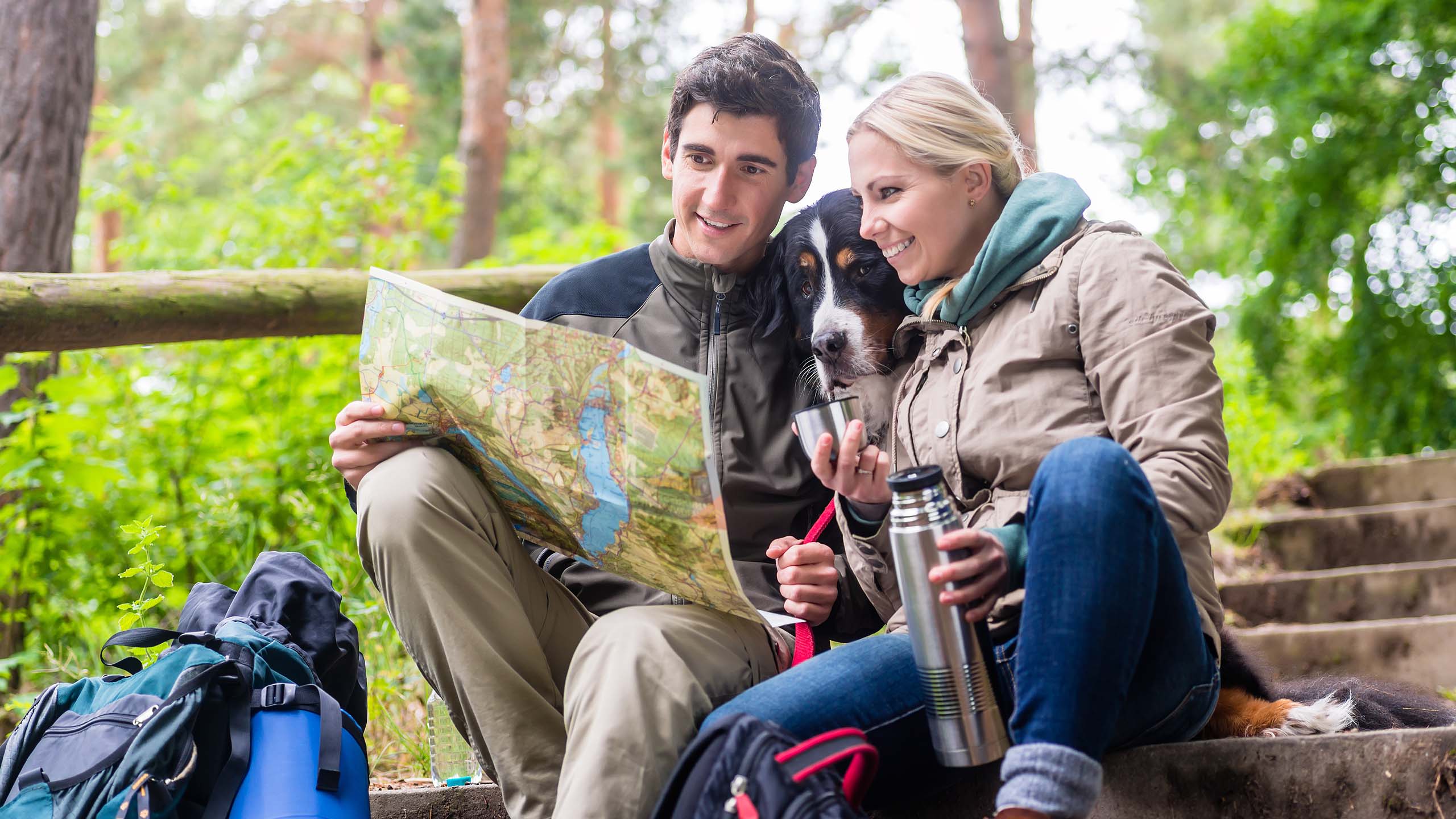What is Culture Shock, and How to Minimise It
What is Culture Shock and How to Minimise It
Some people may ask, “what is culture shock?”, so let’s first let’s first understand what culture shock is, then how to minimise it.
Based on Cambridge Dictionary, culture shock is “a feeling of confusion felt by someone visiting a country or place that they do not know”, or “a feeling of confusion that results from suddenly experiencing a culture with customs that are not familiar to you”.
Culture shock could be experienced by people who are new to travel, yet doesn’t mean avid travellers are immune to culture shock though.
Some people experience culture shock whilst visiting new locations, or a foreign destination which is not common to them or their normal living standards. It is a natural feeling and can be reduced by how you prepare beforehand, and possibly two you can deal with this uncomfortable feeling whilst away.
When it comes to travel and experiencing culture shock, generally the more you travel to different to countries and experience different living standards, cultures and environments, you are less likely to experience culture shock. However it can still occur, so it’s always best to be prepared, acknowledge when it occurs, then handle it the best you can at the time.
Some people may ask how to reduce culture shock if they are new to travelling, or are looking to explore a new destination which is different to their home country.
Preparation to Minimise Culture Shock
To assist with minimising or reducing culture shock on your travels, you could prepare for your upcoming trip before you depart. However this doesn’t mean to go over the top and start to be concerned of the destination you’re about to visit and explore.
Some research to carry out prior to visiting your upcoming destination:
- watch various YouTube videos, preferably the latest uploads the better for up to date information,
- find out the living conditions and lifestyles of the local people,
- what types of food and meals will be available and offered when you’re there,
- what languages do locals speak,
- are you able to learn few key phrases in the local language leading up to your trip,
- find out information about the area/s you’ll be staying in, such as nearby restaurants, attractions, tourist hot spots, etc,
- can you connect with a like minded local people prior to arriving, who can be your local friend and directive
The aim is to be prepared, not alarmed leading up to your trip.
The research is about gaining knowledge of an area and a destination or country, whilst you improve your awareness prior to arriving there. Gaining this information prior, will also hopefully get excited in your upcoming travels, and be left on a high ready to travel!
Minimising Culture Shock at a Destination
Be aware upfront you may likely come across different to other people at another destination, whether it be by looks, different behaviours, different communication styles or language, different eating habits, clothing, the list is endless. First don’t try to compare yourself to locals, remember one of the main reasons we travel is to experience other cultures and communities, so we need to expect we’re going to be different in some form or another. Everyone is unique and individual, it will help you adjust knowing that you don’t compare yourself against the locals.
Upon arriving at your new destination, from your previous research you’ve carried out, you are going to already know partly what to expect, although it will still be foreign to you, so be open to new sights, smells, communication styles, transportation style, ways of life, overall just generally everything may be different and could be the complete opposite to what you’re use to back home.
It may help to not have high expectations of a destination or people, nor expect the same way of life of how you live at home. Reducing those expectations may also help you reduce culture shock at a destination.
Once arriving at a destination, try some of these tips to reduce culture shock at a destination:
- be aware of your surroundings, know what areas / streets are safe and what isn’t,
- ask your accommodation for suggested streets or zones to slowly expose you to the region,
- explore the local streets or area to become comfortable with the area,
- visit tourist attractions so you’re near like minded people,
- try to befriend other travellers, either which you organised via to arriving, or at a local tourist areas or hostels,
- meet with a local who can show you around and make you more relaxed, whilst learning along the way,
- do activities that make you happy and provide a positive outlook on the destination from the outset
Dealing with Culture Shock
If you start to feel overwhelmed when you travel, possibly not adjusting to a destination, feeling uncomfortable, or maybe shutting off mentally or physically, try to make some changes to see if they help you feel better.
- acknowledge how you feel, don’t ignore your emotions,
- remind yourself why you wanted to venture to the destination, and what attracted you to travel to the area / country,
- write down the positive experiences you’ve had on your trip and the positive happy emotions you’ve experienced so far,
- go to a popular tourist area, cafes and restaurants to mingle with likeminded people,
- seek out food that is familiar to you,
- reach out to others locally for their support and guidance for assistance
Remember it is ok to have some personal time to yourself to adjust to a country, yet remaining active will likely help you reduce culture shock and improve your feelings and experiences.
Minimising culture shock can be achieved, and the more you travel outside your country and step outside your comfort zone, the more you will help reduce the likelihood of experiencing culture shock.
This is by no means medical advice and recommend you seek professional independent medical advice on your particular circumstances.


